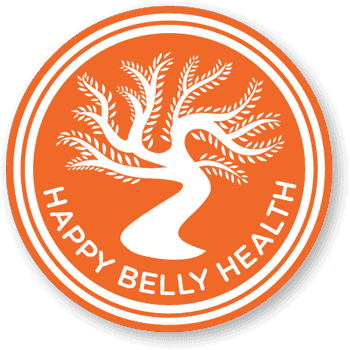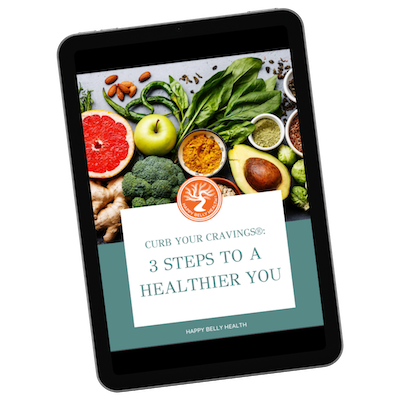Read this fascinating article by Dr. Mark Hyman on sleep.
Dr. Hyman writes:
Today, I want to give you some powerful information to support your best life. One of the fastest ways to restore and to improve health, is to get more sleep. Sounds so simple, but most people aren’t getting enough.
At one time or another, we have all felt run-down, or worse, utterly exhausted. There are life stressors and medical conditions that can knock us flat, and we are left to stumble through the day with foggy minds and listless bodies. Here are a few tips to help you sleep more, sleep better and allow your body to create the healing hormone (HGH).
IMPORTANT: Before I give you these tips, know this: If you are feeling chronically fatigued, you need to see your general health practitioner so they can rule out any obvious medical issues or dietary deficiencies.
1. Stop indulging in electronics late in the evening. We need to quiet our mind at night, so it can do its job and let us float off into sleep. Modern electronics like TV, computers, and smartphones certainly do not help, beeping and ringing sometimes all night.
On top of the sounds and distraction, our brains have evolved to produce the sleep hormone in response to darkness, allowing us to naturally feel sleepy after sunset, and wake at or near sunrise.
The High Energy Visible (HEV) Blue Light emitted from all digital device LED screens – namely, iPhones, iPods, iPads, Samsung Galaxy and all smartphones, Kindle Fire and all tablets, laptop and computer screens – has been discovered to be a factor in sleep disorders caused by Blue Light suppressing your body’s melatonin production (And disruption of the sleep-wake cycle has been connected to diabetes and possibly obesity.) This can be solved by wearing special blue-light suppressing glasses. A simple Google search will offer you dozens of choices.
A note about melatonin: It is not commonly known, but low melatonin levels may affect gene activation and how genes influence our overall health and add to decreased memory, lower cognitive function, increased mood swings and an overall lack of energy. Avoiding TV right before bedtime, lowering light levels in the house, and avoiding smartphones and computers in bed, are simple solutions to adopt immediately. (One simple action item is to use an old-fashioned alarm clock rather than having your smartphone on in your bedroom.)
2. The next easy solution is resting or sleeping in your bed, in your bedroom. Falling asleep in front of the TV or on your couch is simply poor sleep hygiene and terrible for your body and your health. And, make sure your mattress and pillows are super comfortable and great for your body.
3. Get out and be in the daylight as soon as possible after you wake up each morning. Morning sunlight has a bigger effect on sleep than almost any other variable. In the morning, if we get bright light exposure, our brain turns on a timer and says, okay, 14 hours after this is time to sleep, and you’re ready to have a good deep refreshing sleep cycle after you start that whole process. The magic amount seems to be about a half an hour of exposure within an hour of waking. Just being outside, even if it’s overcast or anything, there’s so much more light intensity.
Here’s to simple solutions that lead to great health!
Wishing you health and happiness,





